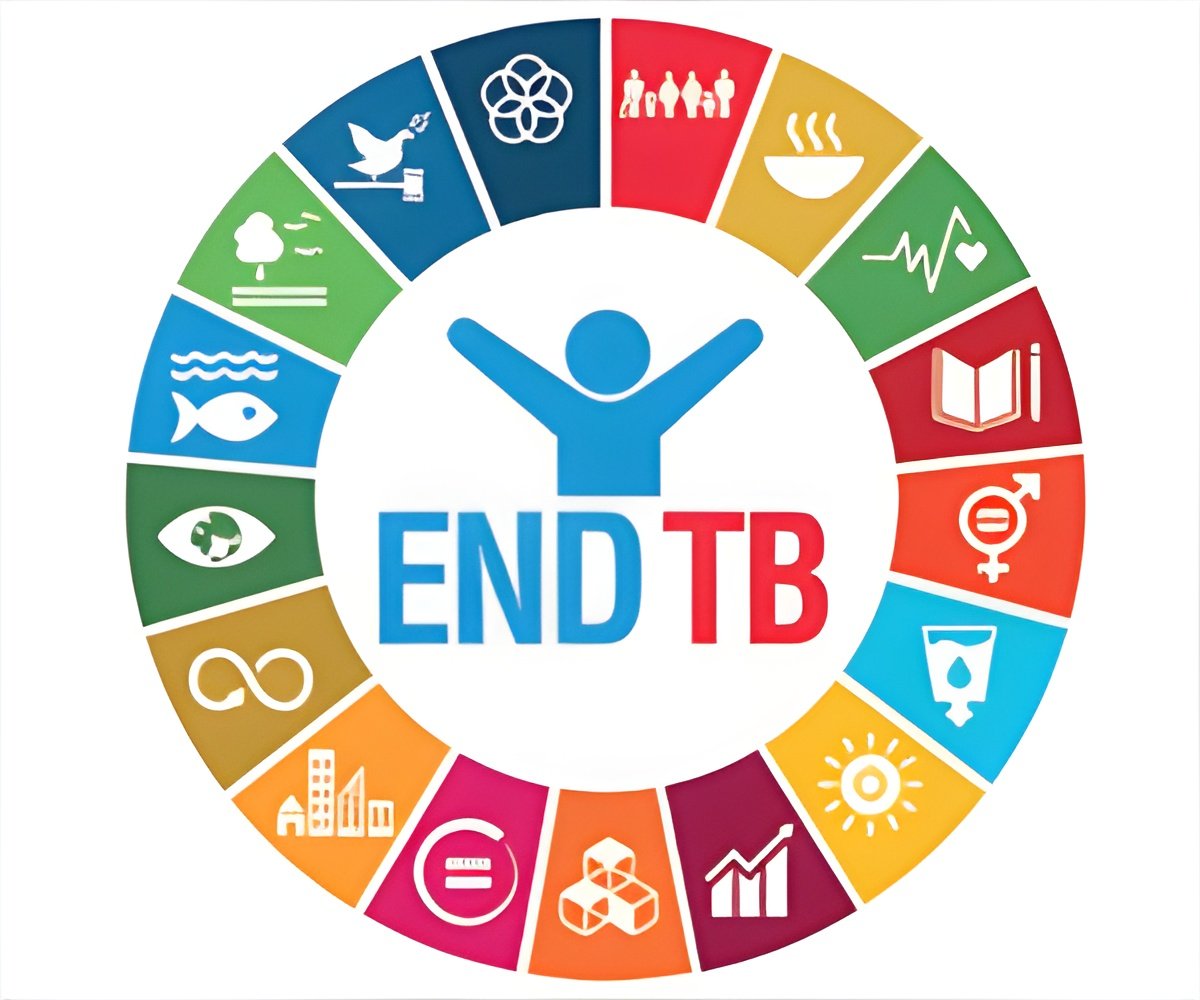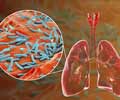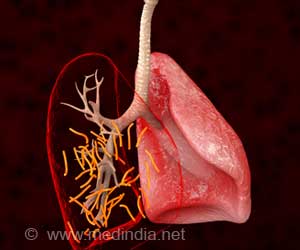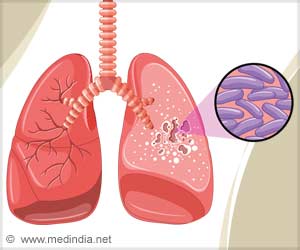The latest WHO report on TB shows that despite an overall decline in numbers of people suffering from TB, the disease remains a major public health challenge in European region.

‘Early and rapid diagnosis of TB is integral to effectively treat the disease and to ease further suffering and transmission.’





Dr Vytenis Andriukaitis, European Commissioner for Health and Food Safety, said: "Even though tuberculosis is an ancient, preventable and curable disease, it still causes too much suffering and death to many people in the European Union and beyond. TB was high on the global agenda in 2018 and world leaders committed to mobilize efforts towards ending it. This momentum must be used to tackle tuberculosis from all angles and at all levels. The Commission has pledged its commitment to support the EU Member States towards reaching the goal of ending TB by 2030 as part of the wider Sustainable Development Agenda. Even though we are on the right track, sustained efforts centered on people are paramount to achieve a tuberculosis-free Europe and the world." ECDC Director Dr Andrea Ammon believes in the capacity of the EU/EEA to improve: "We can end TB by 2030. However, as the burden in the region varies greatly, we will need to tailor approaches on a country-by-country basis. ECDC will continue to offer tailored country support and coordinate efforts across borders."
"TB is preventable and curable; the time to take action is now to end TB by 2030. If we don't act rapidly and decisively, the drug-resistant forms of the disease will increase their hold on Europe. Despite the challenges and threats that we face, I believe that Europe has the full potential to lead the way. We have science and technology, skilled health professionals and high level political commitment to leaving no-one behind - we have got what it takes to end TB", said Dr Zsuzsanna Jakab, WHO Regional Director for Europe.
The recent United Nations High-Level Meeting on TB, held in September 2018, brought hope to the world as global leaders stepped up their commitment to end TB by 2030, in line with the Sustainable Development Goals (SDGs). This political commitment now needs to be translated into action to end TB.
New hope for treatment of drug-resistant TB
Advertisement
This is also a welcome change for the EU/EEA countries struggling to successfully treat drug-resistant patients. In 2017, only 45% of patients with MDR-TB were treated successfully and for extensively drug-resistant TB (XDR-TB), the more resistant form of the disease, only 28% were reported as successfully treated.
Advertisement
Proper and fast diagnosis of TB is essential. The sooner a patient is diagnosed, the faster their treatment can begin, easing suffering and preventing further disease transmission. The new report indicates that just over half of all newly notified TB patients were tested using WHO-recommended rapid diagnostic tests. To improve diagnoses and ensure appropriate treatment approaches, it is also important to have capacity at country level to rapidly detect drug-resistant TB.
Overall, the situation in the European Region is improving too slowly to end TB by 2030. In order to reach the SDG target on TB, new intersectoral approaches are required, current tools need to be used more effectively and a people-centered approach to care is paramount.
Source-Eurekalert











